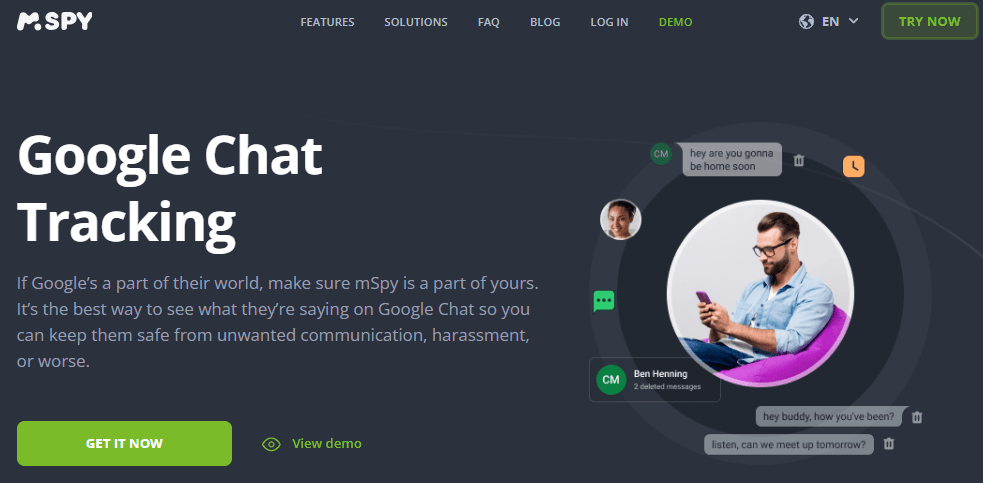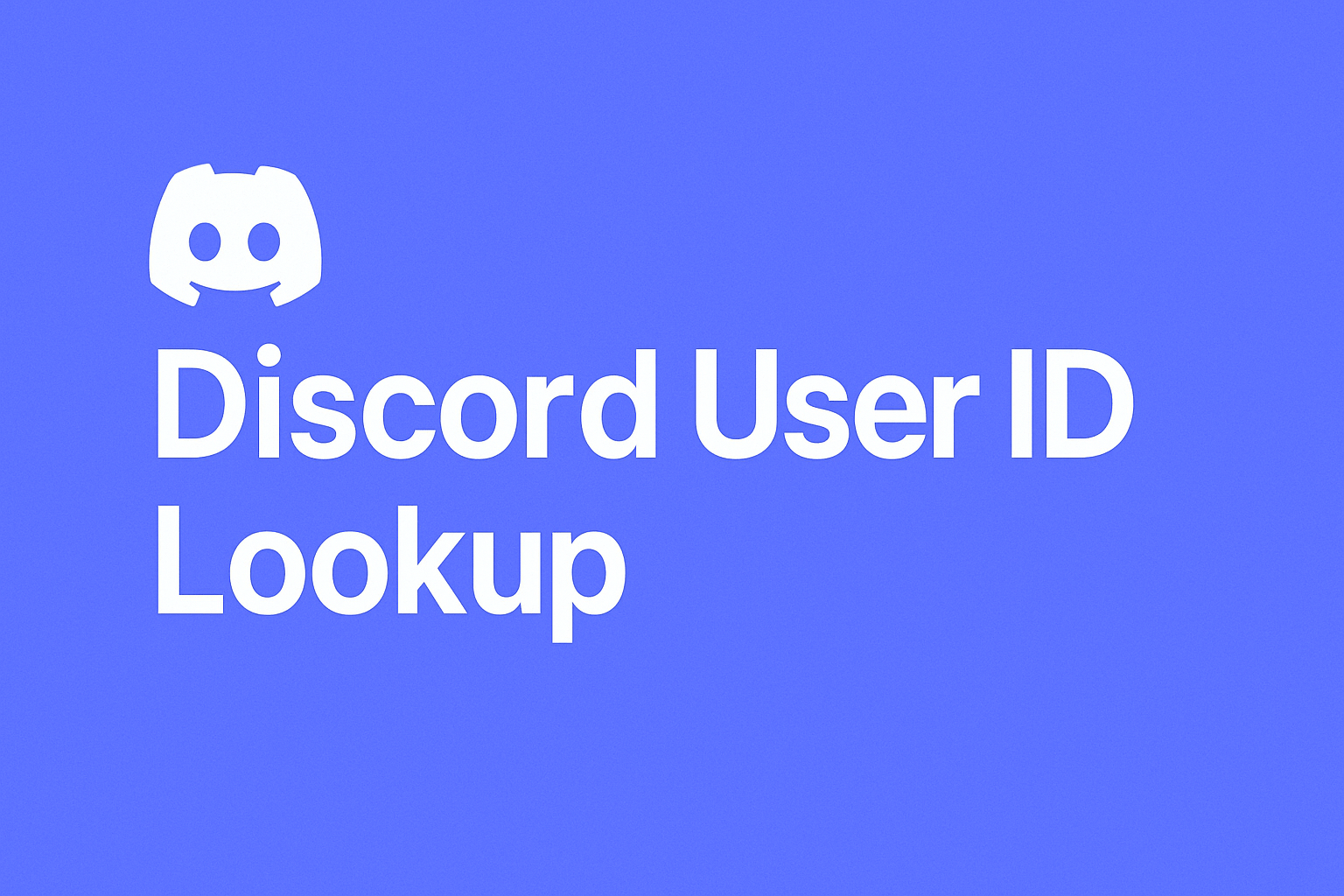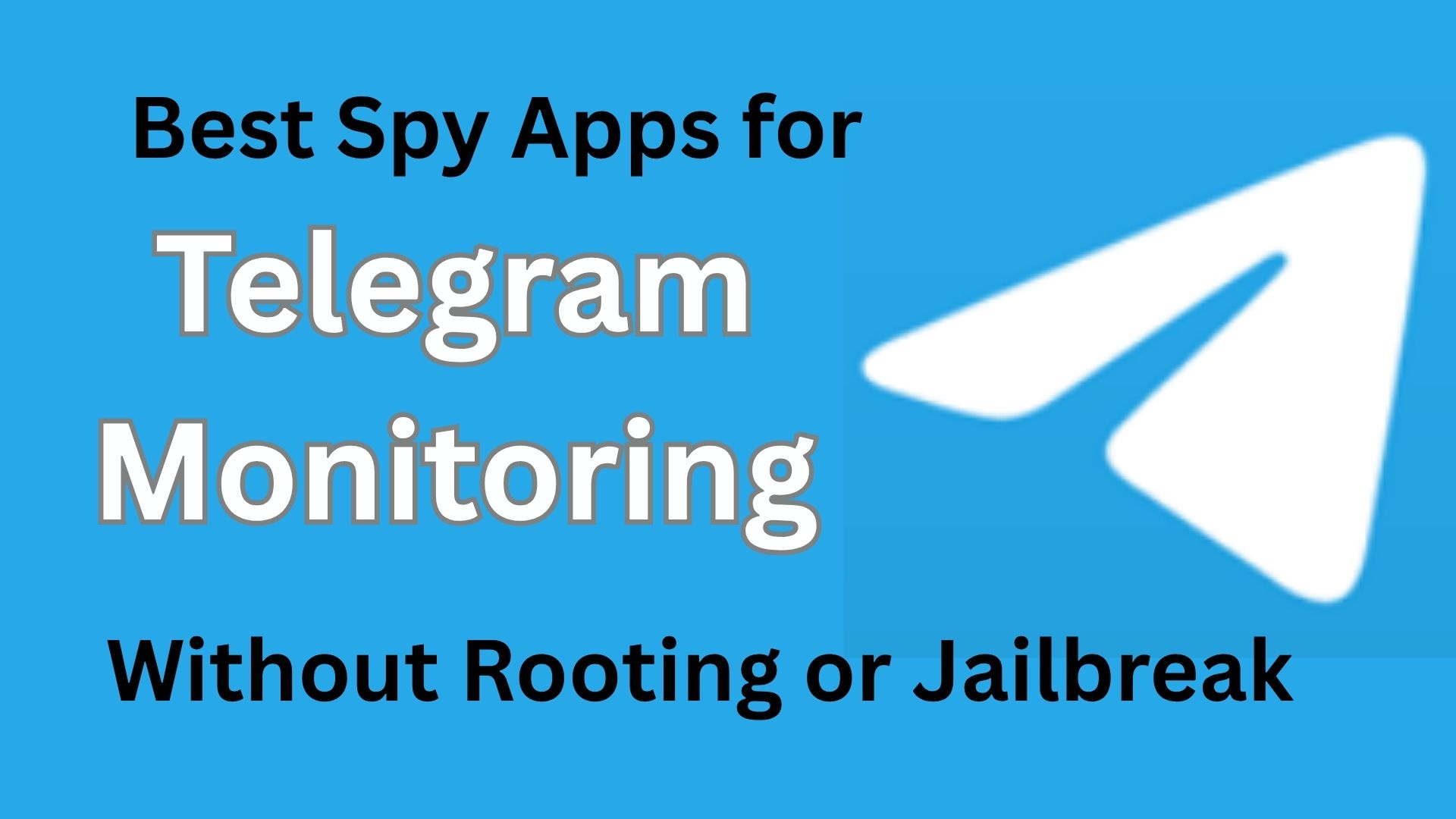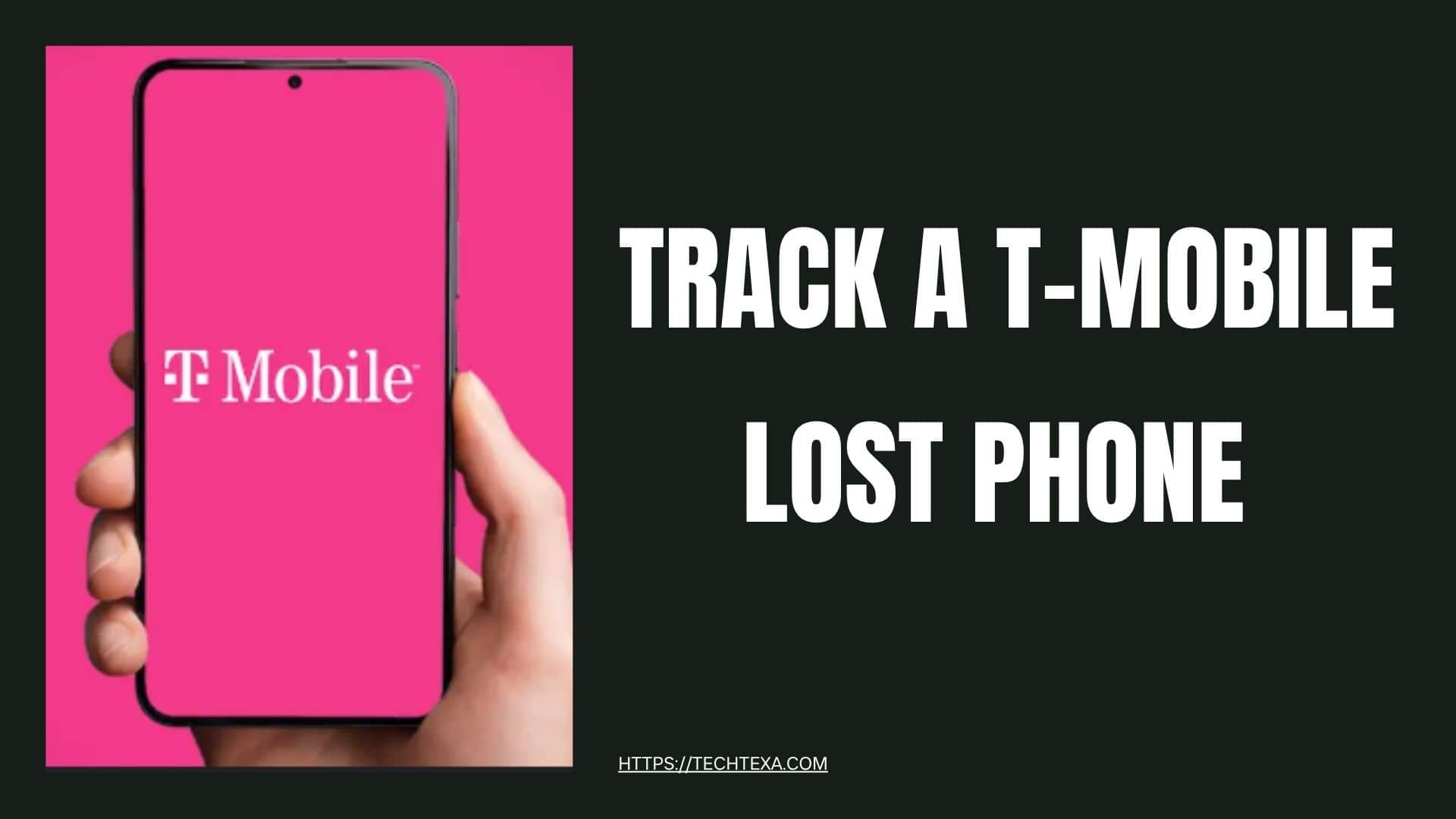With messaging apps making it a breeze to stay connected, Google Chat and Google Messages are two popular options from Google that often spark confusion. If you’re asking, “Is Google Chat the Same as Google Messages?” you’re in good company. Though both are Google creations, they cater to distinct needs. Whether you’re a student texting pals, a professional teaming up on projects, or curious about spy apps (yes, we’ll cover those), this article has you covered with a clear, engaging breakdown.
In this comprehensive guide, we’ll compare Google Chat and Google Messages in a fun, easy-to-read way. We’ll explore their features, differences, and even touch on how spy apps like mSpy, FlexiSPY, and Eyezy relate to these platforms. By the end, you’ll know exactly which app suits your needs and how to use them safely. Let’s dive in!
What Are Google Chat and Google Messages?
Before we compare, meet these apps. Think of Google Chat and Google Messages as two distinct tools in your communication toolset—one’s like a Swiss Army knife for team collaboration, and the other’s like your faithful phone for messaging friends.
Google Chat: The Teamwork Champion
Google Chat is a messaging app designed for collaboration, especially for work or school projects. It’s part of Google Workspace (think Gmail, Google Drive, and Google Docs) and is built to help teams stay organized. Whether you’re planning a group project or chatting with classmates about a study session, Google Chat makes it easy to share files, create group chats, and keep everything in one place.
- Key Purpose: Team collaboration and professional communication.
- Who Uses It?: Students, teachers, and professionals who need a centralized space for group chats and project management.
- Where to Find It: Available on the web, as a standalone app, or integrated into Gmail.
Google Messages: Your Texting Buddy
Google Messages, on the other hand, is all about personal texting. It’s the default messaging app on most Android phones and handles SMS (traditional text messages), MMS (multimedia messages), and RCS (Rich Communication Services, a fancier version of texting). Think of it as your go-to for chatting with friends, sending memes, or sharing quick updates.
- Key Purpose: Personal texting and casual communication.
- Who Uses It?: Anyone with an Android phone who wants to send texts or use advanced features like RCS.
- Where to Find It: Pre-installed on Android devices or available via the Google Play Store.
Key Differences Between Google Chat and Google Messages
Now that we know the basics, let’s compare Google Chat and Google Messages head-to-head. Think of this as a friendly face-off to see which app wins in different categories!
| Feature | Google Chat | Google Messages |
|---|---|---|
| Primary Use | Team collaboration and professional chats | Personal texting (SMS, MMS, RCS) |
| Platform | Web, mobile app, integrated with Gmail | Android phones, web interface |
| Message Types | Web-based messages, no SMS support | SMS, MMS, RCS (internet-based texting) |
| Integration | Google Workspace (Drive, Docs, Meet) | Google Maps, Drive, limited integrations |
| Best For | School projects, work teams | Casual chats with friends or family |
1. Purpose and Audience
- Google Chat: Built for teamwork, Google Chat shines in organized settings like classrooms or offices. You can create “Spaces” (like group chat rooms) for specific projects, share Google Docs, and even start a Google Meet call right from the chat. It’s perfect for planning a science fair or coordinating with your debate team.
- Google Messages: This is your everyday texting app. Want to send a funny GIF to your best friend or share your location with your parents? Google Messages has you covered. It’s more casual and tied to your phone number, so you don’t need a Google account to use it with SMS.
2. Message Types
- Google Chat: Uses internet-based messaging only. You can send text, images, files, and even interactive “cards” (fancy messages with buttons or forms). However, it doesn’t support SMS or MMS, so you can’t text someone’s phone number directly.
- Google Messages: Handles traditional SMS and MMS, plus RCS for Android-to-Android chats. RCS adds cool features like read receipts, typing indicators, and high-quality photo sharing—almost like iMessage or WhatsApp.
3. Platform Availability
- Google Chat: Super flexible! You can use it on your phone, computer, or even within Gmail. It’s available as a standalone app or through a web browser, making it great for students who switch between devices.
- Google Messages: Primarily an Android app, but you can pair it with a web interface (messages.google.com) to text from your computer. It’s less versatile than Google Chat but perfect for mobile users.
4. Integration with Other Tools
- Google Chat: Integrates heavily with Google Workspace. It’s possible to share Google Drive files, invite someone to a Google Calendar event, or initiate a Google Meet call without ever having to leave the app. It’s thus a workhorse for school or professional tasks.
- Google Messages: Has some integrations, such as the ability to share Google Maps locations or Drive files, but it’s less integrated. It’s not intended for heavy collaboration like Google Chat.
5. User Experience
- Google Chat: Organized and professional, with features like threaded replies (to keep conversations tidy) and Spaces for project-specific chats. However, some users find it less intuitive for casual chats.
- Google Messages: Fun and user-friendly, with colorful chat bubbles, emoji reactions, and AI features like smart replies. It’s designed to make texting feel modern and engaging.
Cool Features of Google Chat
Google Chat is like the ultimate study buddy for group projects. Here are some of its standout features:
- Spaces: Create dedicated chat rooms for specific topics, like “Biology Project” or “Prom Planning.” Everyone can share files, assign tasks, and review chat history.
- Google Workspace Integration: Share Google Docs, Sheets, or Slides directly in the chat. Need to edit a group presentation? Just drop the link, and everyone can collaborate.
- Bots and Automation: Add bots like @Meet to schedule video calls or use Gemini (Google’s AI) to summarize conversations or brainstorm ideas.
- Threaded Replies: Keep discussions organized by replying to specific messages, so you don’t lose track of who said what.
- Security: Protected by Google’s anti-spam and anti-phishing tech, making it safe for school or work communication.
Awesome Features of Google Messages
Google Messages is like your fun, chatty friend who’s always ready to send a meme. Here’s what makes it special:
- RCS Chatting: When texting another Android user with RCS enabled, you get iMessage-like features: typing indicators, read receipts, and high-quality media sharing.
- AI Features: Google’s Gemini AI can help you draft messages, generate images, or even transcribe voice notes. Stuck on a reply? Ask Gemini for a witty comeback!
- Customization: Change chat bubble colors, add background themes, or create custom emoji from photos (Photomoji).
- Spam Protection: Google Messages automatically filters spam texts into a separate folder and warns you about suspicious messages.
- Cross-Device Sync: Pair your phone with a computer to text from a bigger screen—great for when you’re doing homework but don’t want to pick up your phone.
Spy Apps and Google Chat vs. Google Messages
Now, let’s talk about something a bit more intriguing—spy apps like mSpy, FlexiSPY, and Eyezy. These apps are often marketed as tools for parents to monitor their kids’ online activity or for employers to track work devices. But how do they relate to Google Chat and Google Messages? Let’s break it down.
What Are Spy Apps?
Spy apps are software that can monitor activity on a phone or computer, including text messages, calls, and app usage. Popular ones include:
- mSpy: Tracks texts, calls, GPS location, and app activity. It can monitor Google Messages but may have limited access to Google Chat due to its web-based nature.

- FlexiSPY: A powerful app that can record calls, capture screenshots, and monitor messaging apps. It works better with Google Messages than Google Chat.

- Eyezy: Monitors texts, social media, and browsing history. Like others, it’s more effective for Google Messages than Google Chat.

Spy Apps and Google Chat
Google Chat is trickier for spy apps to monitor because it’s primarily a web-based platform tied to your Google account. Here’s why:
- Encryption: Google Chat uses strong encryption, making it harder for spy apps to intercept messages unless they have access to your device or Google account.
- Cloud-Based: Since Google Chat syncs across devices via the cloud, spy apps need to be installed on the device where you’re logged in to capture data.
- Limited Access: Most spy apps focus on SMS or popular apps like WhatsApp. Google Chat’s integration with Google Workspace makes it less straightforward to monitor.
Spy Apps and Google Messages
Google Messages is a prime target for spy apps because it’s tied to your phone number and handles SMS, MMS, and RCS. Here’s how spy apps interact with it:
- SMS Monitoring: Spy apps like mSpy and FlexiSPY can easily capture SMS and MMS messages sent through Google Messages.
- RCS Challenges: RCS messages are end-to-end encrypted in Google Messages (when chatting with another RCS-enabled Android user), which can make them harder for spy apps to read without advanced access.
- Device Access: Spy apps need to be installed on the target phone to monitor Google Messages fully. They can track texts, media, and even deleted messages.
A Word of Caution
Using spy apps can raise ethical and legal concerns. If you’re a student thinking about using one to, say, keep an eye on a friend’s texts, think twice. Monitoring someone without their consent can violate privacy laws and damage trust. If you’re a parent or guardian, make sure you understand the legal rules in your area before using apps like mSpy, FlexiSPY, or Eyezy. Always prioritize open communication over sneaky surveillance.
When to Use Google Chat vs. Google Messages
Choosing between Google Chat and Google Messages depends on what you’re trying to do. Here’s a quick guide to help you decide:
Use Google Chat If:
- You’re working on a group project for school and need to share files or collaborate.
- You want a professional, organized space for team communication.
- You’re already using Google Workspace tools like Gmail or Google Drive.
- Example: You and your classmates are planning a history presentation and need to share research docs and schedule a rehearsal.
Use Google Messages If:
- You’re texting friends or family for casual chats.
- You want to send SMS or MMS to someone who doesn’t use Google Chat.
- You love fun features like emoji reactions, GIFs, or custom chat bubbles.
- Example: You’re sending a quick “Happy Birthday!” text with a funny GIF to your cousin.
Tips for Using Google Chat and Google Messages Safely
Whether you’re using Google Chat for school or Google Messages for fun, staying safe online is super important. Here are some tips to keep in mind:
- Protect Your Account: Use a strong password for your Google account, and enable two-factor authentication (2FA) to keep hackers out.
- Beware of Spam: Google Messages has built-in spam protection, but always be cautious about clicking links from unknown numbers. Google Chat also filters spam, but double-check before sharing sensitive info.
- Check Privacy Settings: In Google Chat, adjust who can send you direct messages to avoid unwanted chats. In Google Messages, block spam numbers or report suspicious texts.
- Avoid Oversharing: Don’t share personal details like your address or passwords in either app, especially if you suspect someone might be using a spy app to monitor you.
- Log Out on Shared Devices: If you’re using Google Chat or Messages on a school computer, log out when you’re done to prevent others from accessing your account.
How Spy Apps Fit Into the Bigger Picture
Spy apps like mSpy, FlexiSPY, and Eyezy are often advertised as parental control tools, but they can be misused. Here’s how they might interact with Google Chat and Google Messages in real-world scenarios:
- For Parents: If you’re a parent worried about your teen’s online safety, apps like mSpy can track Google Messages to see who they’re texting. However, Google Chat’s cloud-based nature makes it harder to monitor without direct device access.
- For Students: If you’re concerned someone (like a parent or sibling) is using a spy app on your phone, check for unusual apps or battery drain. You can also reset your device to remove unauthorized software.
- For Schools: Some schools use monitoring tools to track student devices, but these are usually limited to school-issued devices and focus on apps like Google Chat for classroom management.
If you’re ever worried about privacy, talk to a trusted adult or check Google’s security settings to lock down your account.
Conclusion
So, is Google Chat the same as Google Messages? Nope, they’re like two sides of a coin—both awesome, but designed for different vibes. Google Chat is your go-to for school projects, team collaboration, and staying organized with Google Workspace. Google Messages is all about fun, personal texting with friends, powered by SMS, MMS, and RCS. Whether you’re sharing study notes or sending memes, there’s an app for you.
We also explored how spy apps like mSpy, FlexiSPY, and Eyezy can monitor Google Messages more easily than Google Chat due to its web-based, encrypted setup. But remember: privacy matters, and using spy apps without consent can cause more harm than good.
By understanding the strengths of Google Chat and Google Messages, you can pick the right tool for the job and stay connected safely. So, go ahead—fire up Google Chat for your next group project or send a quick text with Google Messages to plan a weekend hangout!
FAQs
1. Can I use Google Chat to send SMS messages?
No, Google Chat doesn’t support SMS. It’s designed for internet-based messaging within Google Workspace. Use Google Messages for SMS and RCS texting.
2. Is Google Messages only for Android users?
Google Messages is primarily for Android phones, but you can use its web interface (messages.google.com) to text from a computer. iPhone users can receive SMS from Google Messages but can’t use RCS features yet.
3. Can spy apps like mSpy monitor Google Chat?
Spy apps can monitor Google Chat if they’re installed on the device where you’re logged in, but it’s harder due to Google Chat’s encryption and cloud-based setup. They’re more effective at tracking Google Messages.
4. Which app is better for school projects?
Google Chat is better for school projects because it integrates with Google Workspace, supports Spaces for group chats, and lets you share files like Google Docs easily.
5. Are Google Chat and Google Messages secure?
Both apps are secure. Google Chat uses Google’s anti-spam and anti-phishing tech, while Google Messages offers end-to-end encryption for RCS chats and spam protection for SMS.
Related Articles:
1: Detect Fake Instagram DMs: The Ultimate Surveillance Apps
2: Discover Screen Recording on Mac Secrets
3: How to Recall an Email in Outlook: Here’s How to Pull It Back
4: Unlock WhatsApp Surveillance: Top 5 Spy Apps
5: How to Get Into Someones Snapchat: Parental Control & Safety Tips




